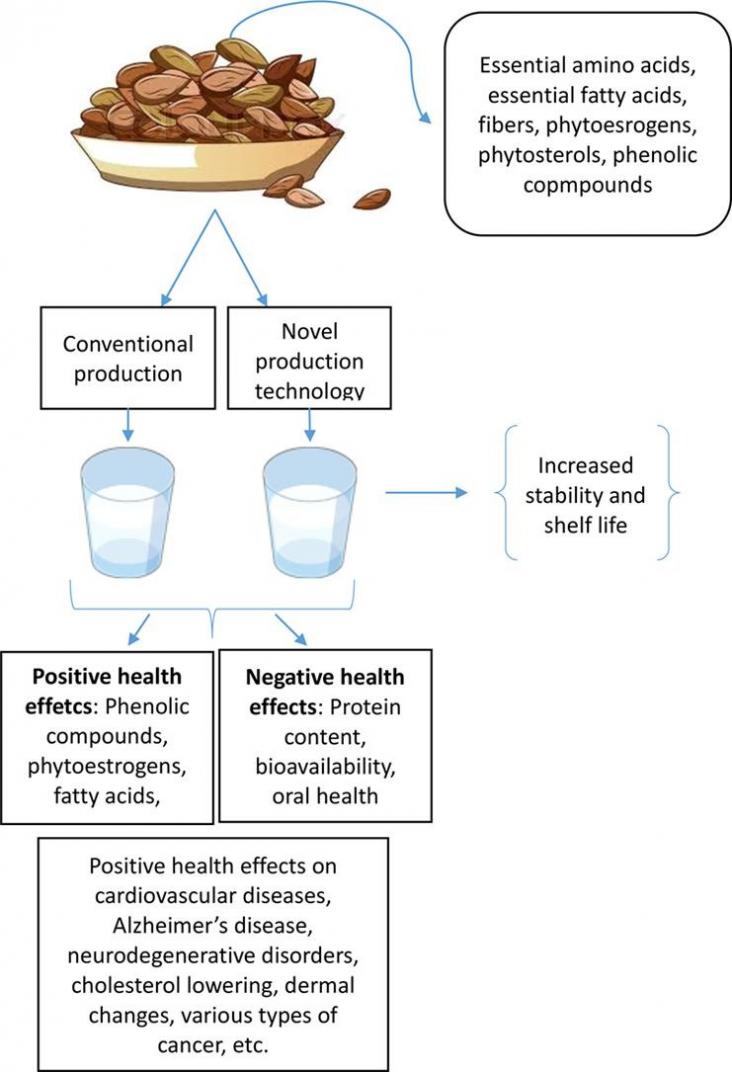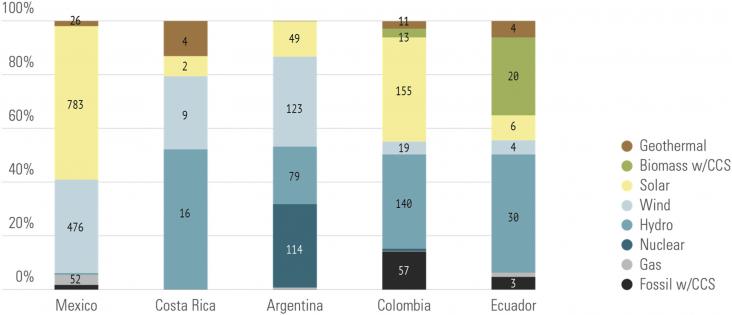The new 2030 sustainable development agenda is likely to dominate policy and academic debates at both national and international levels over next 15 years and beyond.
Patricia Ruiz-Ruiz, Adrián Estrada, Marcia Morales, Chapter 8 - Carbon dioxide capture and utilization using microalgae, Editor(s): Eduardo Jacob-Lopes, Mariana Manzoni Maroneze, Maria Isabel Queiroz, Leila Queiroz Zepka, Handbook of Microalgae-Based Processes and Products, Academic Press, 2020, Pages 185-206, ISBN 9780128185360, https://doi.org/10.1016/B978-0-12-818536-0.00008-7.


Pathways towards a defossilated sustainable power system for West Africa within the time horizon of 2015–2050 is researched, by applying linear optimisation modelling to determine the cost optimal
